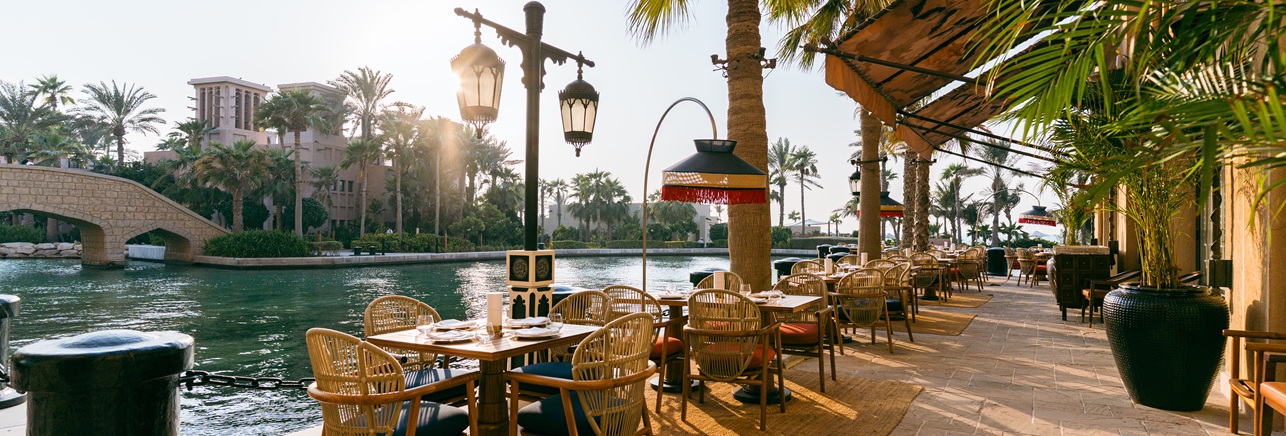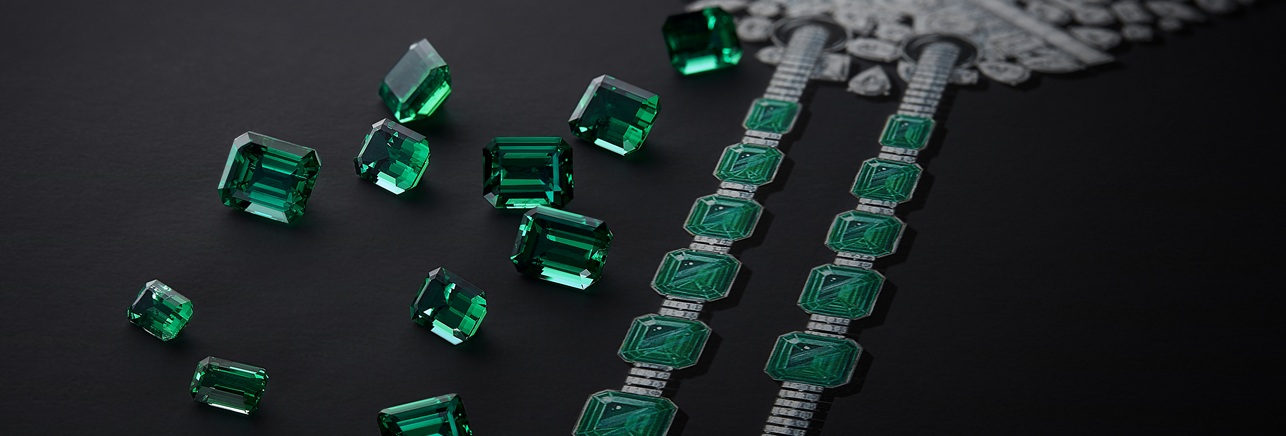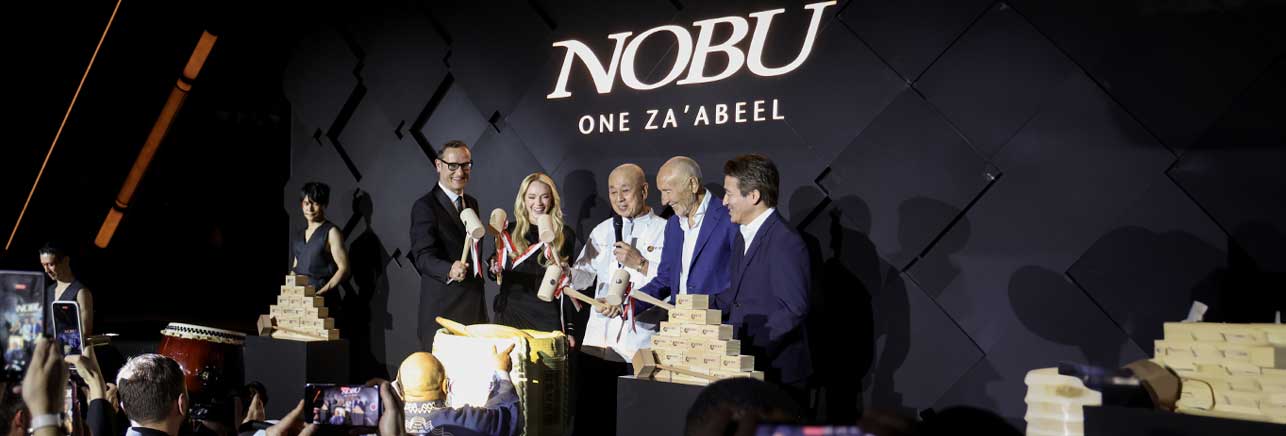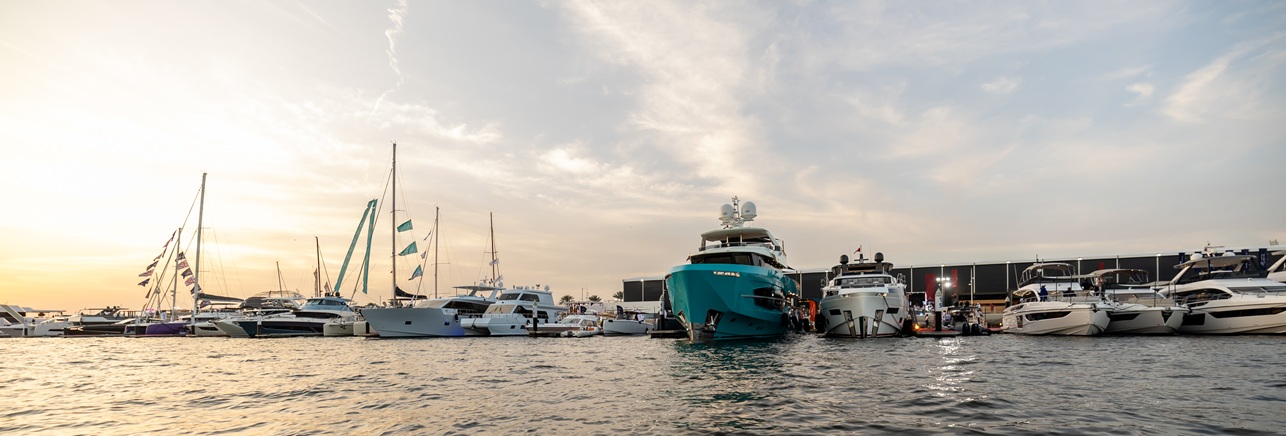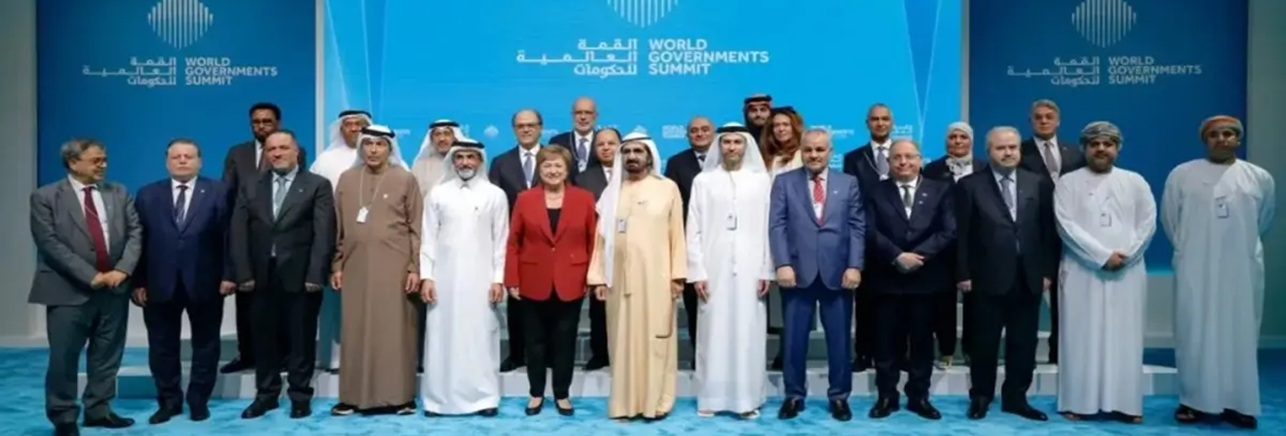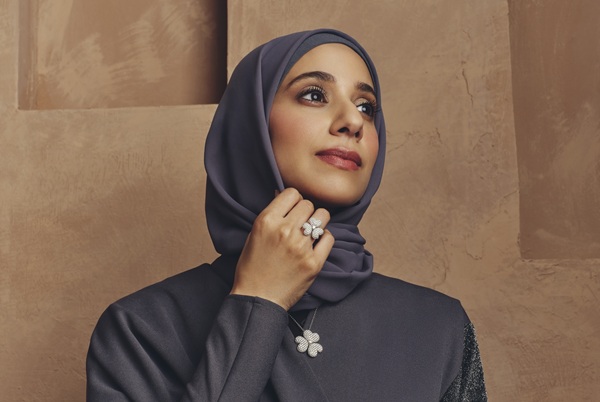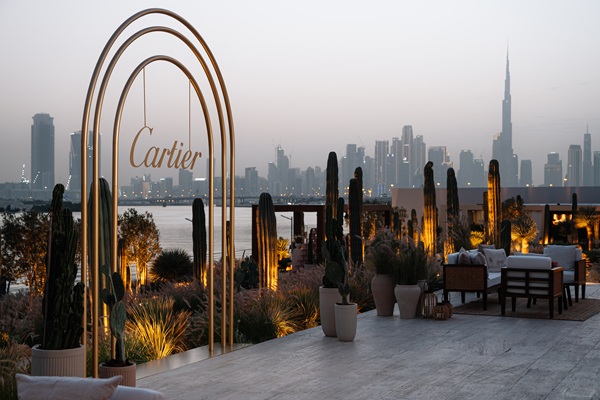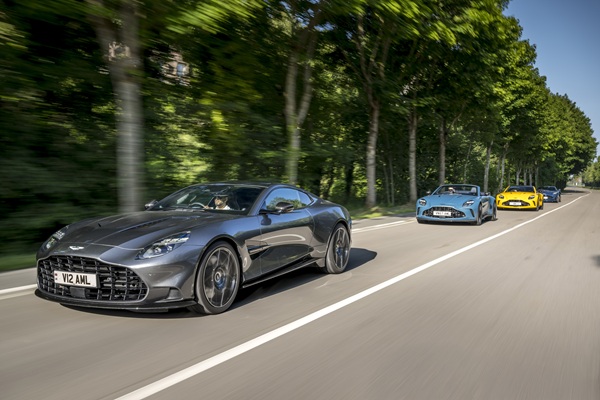UAE beats renewables cost hurdle with world’s cheapest price for solar energy
The UAE has another world record under its belt: the planet’s lowest prices for solar energy.
It may not sound as glamorous as the tallest building or the longest gold chain, but it has the potential to be a game changer in more ways than one.
High costs had previously been a major obstacle prohibiting growth for the solar sector. But prices have fallen 75 per cent over the past five years and more projects are being developed, according to the Abu Dhabi-based International Renewable Energy Agency (Irena).
Evolution can happen in a burst, and solar power’s sudden change is similar to those that technological progress has ignited across the business world.
Look at how much technology has evolved in day-to-day living. Reading books on tablets is the new normal – so much so that Suzi LeVine was sworn in as the US ambassador to Switzerland using a Kindle in June.
Apple’s iPod was all the rage about seven years ago, enabling a new, smaller way to listen to music on the go. Already it has been replaced with the all-inclusive services offered by smartphones.
As for phones, the first mobile phone, Motorola’s DynaTac 8000X, sold at just under US$4,000 in 1984. Fast-forward three decades, and nearly half of US households have wireless phones exclusively.
Taking a tighter focus, this is exactly what is happening in the solar photovoltaic (PV) sector. And it is happening right here at home.
The recent bids submitted to Dubai Electricity and Water Authority (Dewa) for the second phase of the Mohammed bin Rashid Al Maktoum solar park indicate the competitiveness of solar PV technology.
Riyadh-based Acwa Power first bid 5.98 US cents per kilowatt-hour for the 100-megawatt tender, again trumping competing bidders that included Spain’s Fotowatio and Abu Dhabi-based Masdar.
In addition, Acwa went ahead and bid for the remainder of the plant’s planned 1,000MW at a total tariff of 5.4 cents under a 25-year power purchase agreement. The plant is targeted for completion in 2030.
Dewa announced last week that the Saudi-led consortium, which also includes Spain’s TSK, was awarded the contract to build and operate the next phase. While the Saudi company did not obtain the remainder of the solar park, it did win an increased tender of 200MW from the original 100MW.
But what stood out was the final price – the never-before-seen 5.84 cents per kWh.
This means that the solar power generated from this phase will be sold to Dewa at a fixed rate of 5.84 cents over 25 years. The price of natural gas – which generates 99 per cent of the UAE’s electricity – stands at 9 cents. Solar energy is not only cost-competitive with conventional forms of power generation, but in the UAE it is even cheaper.
This is why Acwa was not awarded the entire solar park. Paddy Padmanathan, the Acwa chief executive, said that he did not expect Dewa to award the rest of the project, simply because solar prices are likely to continue to drop. With every doubling of cumulative installed capacity, solar PV module prices are expected to fall by 18 per cent to 22 per cent, according to a report released by Irena yesterday.
Irena’s director general, Adnan Amin, concurred with Mr Padmanathan that the falling trend for solar prices was an incentive for governments to defer long-term commitments, as opposed to paying now at what is likely to be a higher price.
“At times of fiscal austerity in many governments – well, that’s very unsustainable,” he said.
Mr Amin went on to describe Acwa’s bid as a “remarkable development” that can be attributed to the change in financial structure for the renewables sector.
“The UAE and others, through the auction mechanism, have begun to show a different tier for the future, which is rapid increase of renewable energy based on cost and feasiblity,” Mr Amin said.

